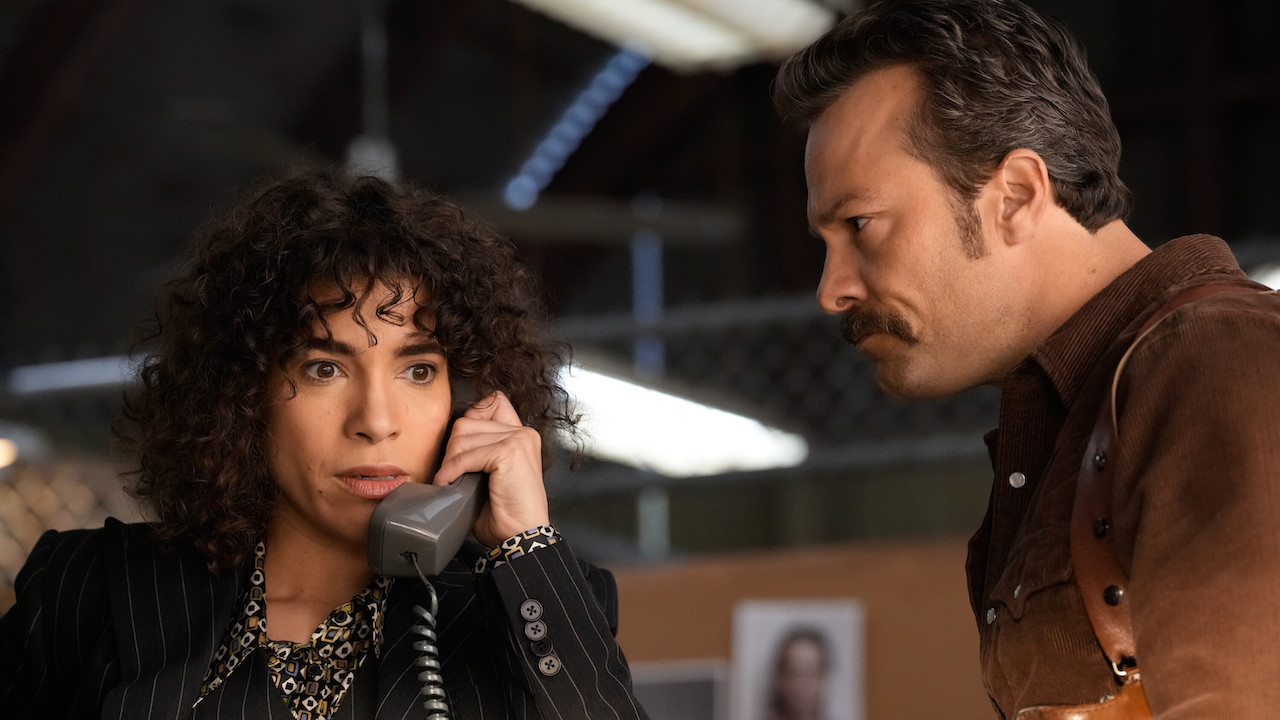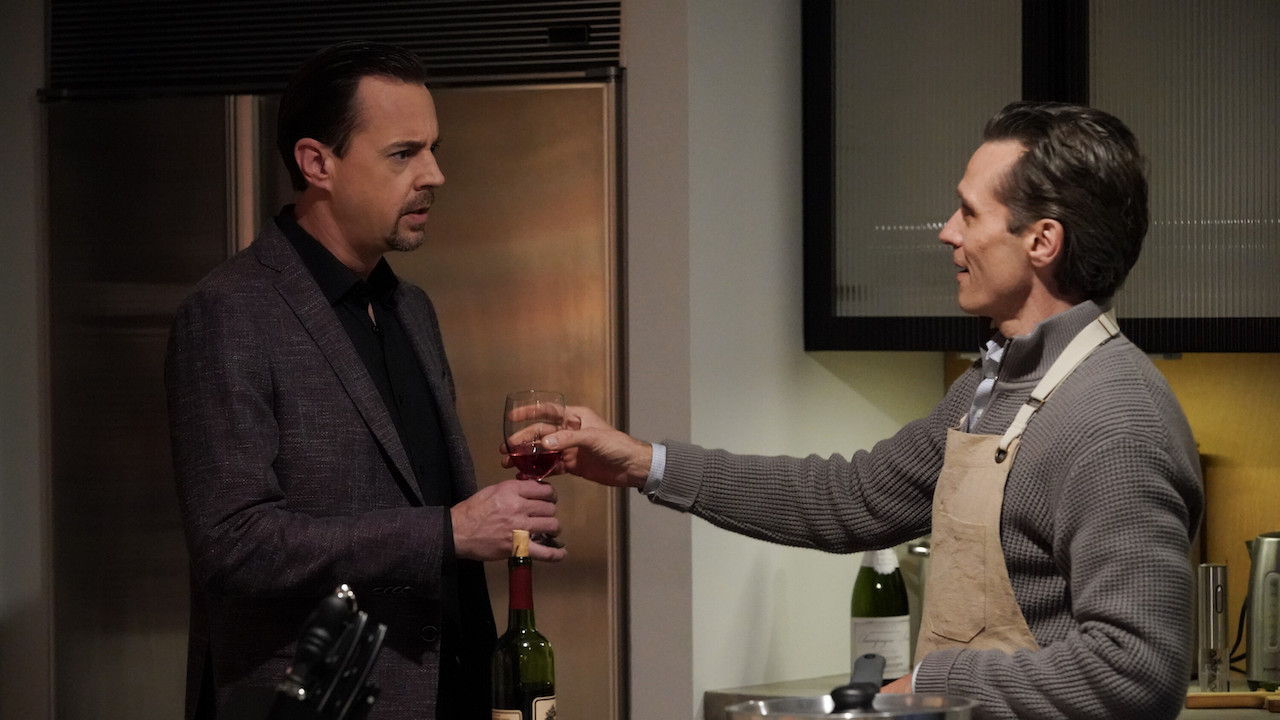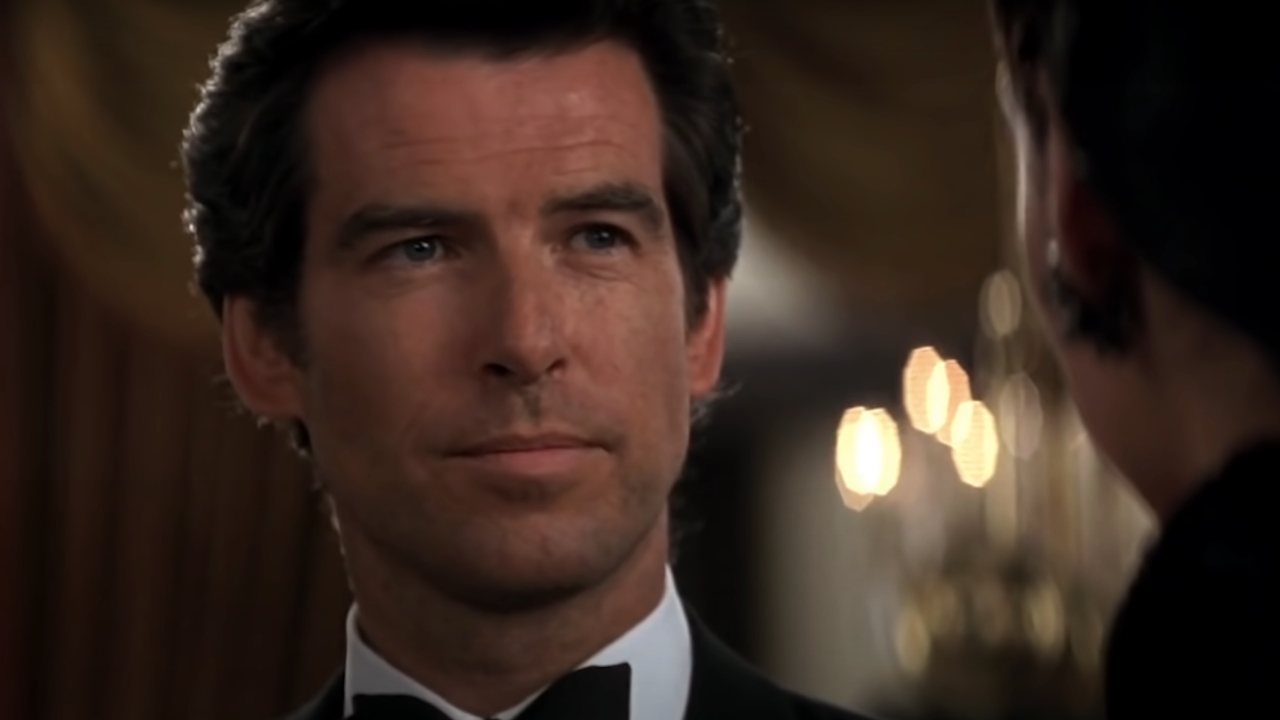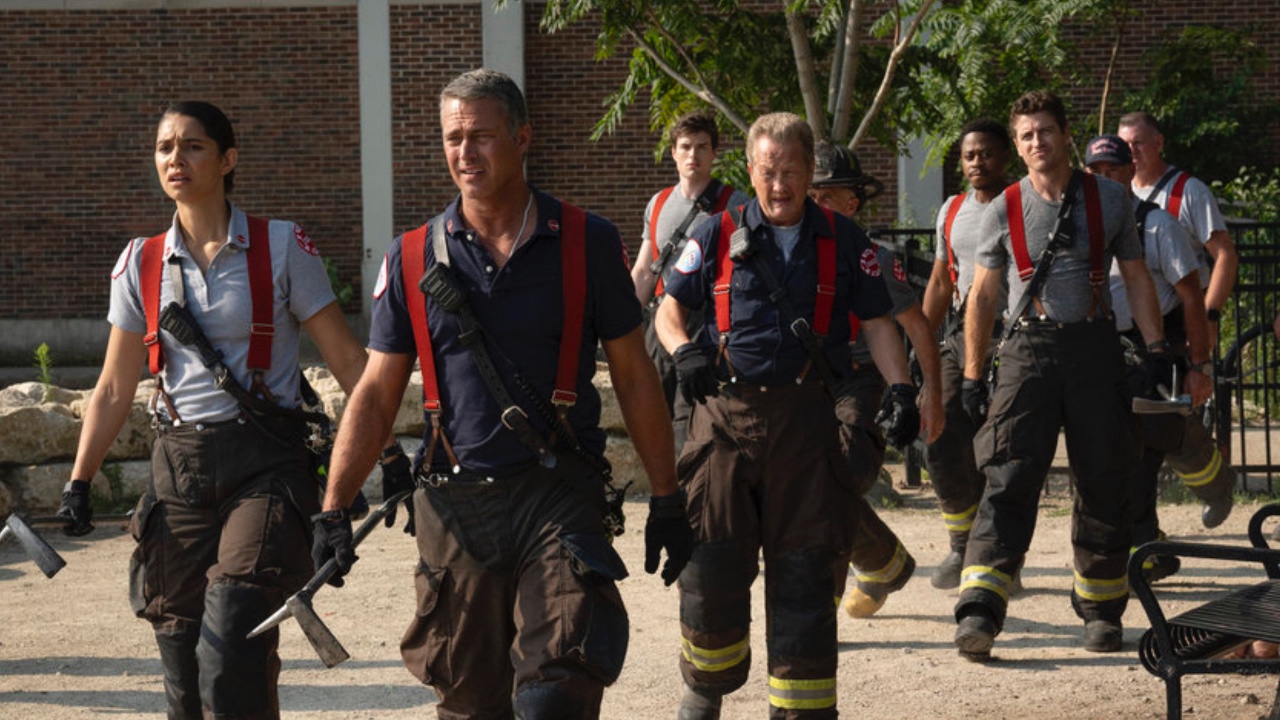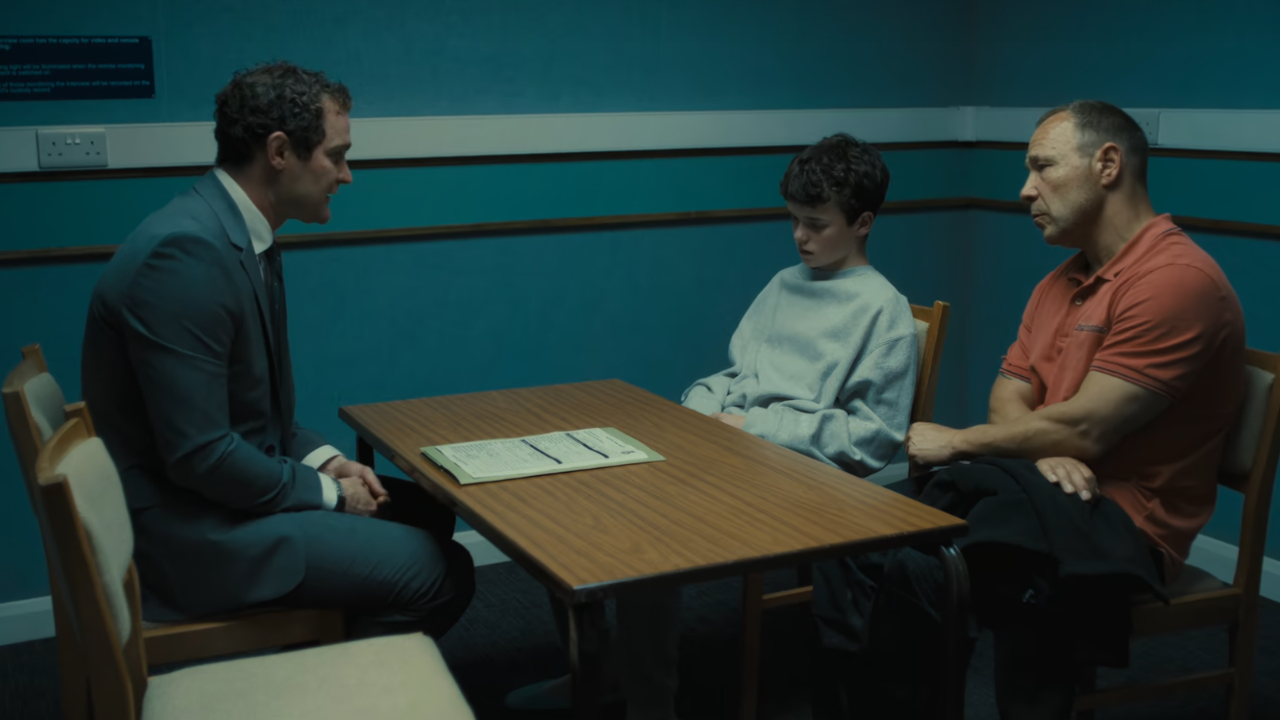
This weekend sees the wide release of J. Edgar, Clint Eastwood's attempt to tell the life story of one of the 20th century's most important people-- an attempt that didn't work out so well if you ask some people. But the biopic, as much as it's a genre that can turn boring and preachy, is also the opportunity to tell the life stories of a lot of really fascinating people. So even though this weekend's biopic effort turned out kind of dull, we're not ready to give up! Here are five more people who are totally worthy of their own life stories being told onscreen, and why it's high time they get their chance. From baseball players to Presidents to a really crazy Prohibitionist, here are five "based on a true story" movies we're still looking for.

Ted Williams
Ted Williams was one of the greatest baseball players ever to compete professionally, but the amazing truth is that that’s not even half the story. A U.S. Marine Corps pilot during both World War II and the Korean War, Williams was a brilliant aviator and actually managed to break records with his skills in the air (in regards to reflexes, coordination, and reaction time – all of which also explain why he had no issue hitting a 90mph fastball). There was also the fact that he was a brilliant cook who had a recipe for the greatest scrambled eggs you’ve ever tasted. Then you can factor in the part about him having a .344 lifetime batting average (including a season in which he hit over .400), over 500 home runs and more than 1,800 runs batted in. Making a movie about Ted Williams isn’t a challenge because there’s not enough story; it’s a challenge because it would be hard to decide what parts would be left out.
But it wouldn’t be a compelling biopic if it was just about how Williams was one of the most gifted people to ever walk this planet. Over the course of his career he had a tumultuous relationship with both members of the press and the fans, and had multiple incidents over the course of his career that didn’t always leave Williams standing in the best light. Then, of course, there’s the drama that came with the man’s death. What better way to close out the film than by slowly tracking away from a shot of Ted Williams’ frozen head?
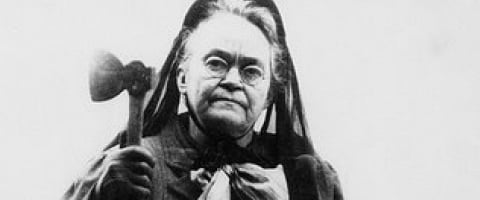
Carry Nation
Carry Nation was probably a crazy person. She was, at bare minimum, a very passionate person and a total iconoclast for her generation, a woman willing to not just speak out in public but follow through on her actions with a hatchet, all 30 years before women were given the right to vote. Nation was one of the early leaders of the temperance movement that eventually led to the passage of Prohibition, but she didn't just march peacefully with the ladies of the Women's Temperance Union. Carry Nation stormed into a series of taverns across Kansas, sang hymns and prayers, and destroyed the bars with a hatchet. She started out with rocks, actually, and when her husband suggested she move on to hatchet she told him "That is the most sensible thing you have said since I married you."
Nation isn't an easy feminist hero to stand behind like Susan B. Anthony or Harriet Tubman, and her stance against a vice we all enjoy greatly today would keep her biopic from becoming a moral screed. She's a great historical badass who wound up on the wrong side of history, and it seems just as fascinating to take a look inside her head as for the great undisputed heroes.
CINEMABLEND NEWSLETTER
Your Daily Blend of Entertainment News
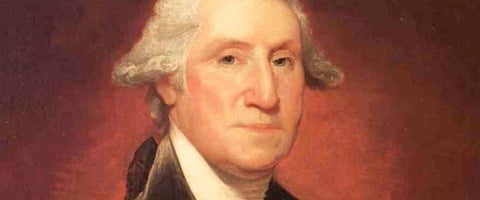
George Washington
How is it possible our nation’s first president -- a founding father, a Revolutionary War hero, and the face model for the dollar bill – doesn’t have an official biopic to call his own? It’s unpatriotic, and we, as Americans, should be ashamed.
For various reasons, Revolutionary War-era stories -- and Civil War-era stories -- largely are overlooked by less-than-ambitious filmmakers. If you need a dramatic Vietnam War tale, I can point you toward 15 potential rentals. But the scope (and, no doubt, cost) of mounting a proper 18th century ode to historical legends like Washington, Ben Franklin, John Adams and the rest of the founding fathers keeps Hollywood in check.
So I’m lobbying hard for a Washington biopic. The narrative challenge – which Clint Eastwood couldn’t crack with his J. Edgar -- lies in selecting what section of Washington’s illustrious life a filmmaker should focus on. One easily could carve a trilogy out of the Colonial icon’s accomplishments. Start with the French and Indian War, transition into the Revolutionary War for a spectacular second film, then conclude the trilogy with Washington’s presidency. Because unless Hollywood gets its act together and tells Washington’s story properly, U.S. elementary school students searching for his name on YouTube are going to learn all about him from this.
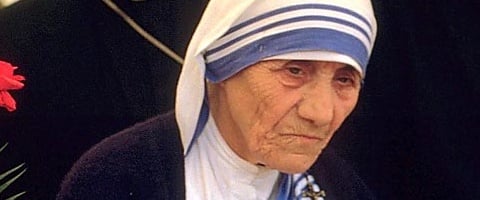
Mother Teresa
Mother Teresa is well known for dedicating most of her life to helping people in need, reaching out to the sick and the poor, all in the name of her faith. Devoted to her life as a missionary, she brought her kindness and generosity with her around the world, establishing missions, hospices and homes for the sick and needy. She was beatified by Pope John Paul II after her death, which puts her closer to sainthood than most people will ever get, but who was she as a person? The answer to that question could make for a great biopic.
Her contributions to the world as a Catholic are fairly well documented, but a more personal look into the life of this woman and the choices and sacrifices she made over the course her 87 years spent on earth could make for a fascinating and moving story. While controversy always sells, a film that goes out of its way to emphasize her flaws and attempts to expose scandal would be just as unnecessary as one that paints a perfect picture of her. Some of the most inspirational stories are the ones about people we can connect with and relate to on some level. If there’s a way to bring Mother Teresa’s life to the big screen and show us who she was as a human being, it could make for a fantastic, moving, and inspirational story.

Orson Welles
We've been given a few cinematic glimpses into the life of Orson Welles with RKO281 and Me and Orson Welles, but we've yet to see a narrative that fully explores the tragic icon, from child prodigy who lost both of his parents very young to one of the largest figures in American Cinema who ended his life overweight and unable to find work. Welles emerged as a preeminent actor, producer and director, not only staging one of the most memorable Macbeth performed to date but also causing quite the stir with his now infamous Mercury War of the Worlds broadcast. His genius and reputation only grew after his first feature film, Citizen Kane, which continues to be celebrated as one of the greatest ever made.
Welles made a number of other masterpieces but never without struggling in an increasingly contemptuous relationship with Hollywood (that often forced to work in Europe). Like so many great artists, Welles struggled with addictions, becoming penniless and obese, often having to sleep on the couch of young admirers like Peter Bogdanovich. His weight ballooned and he eventually died of a heart attack three hours after appearing The Merv Griffin Show on October 10, 1985. One of the most brilliant minds in American cinema (and theater) was reduced to living on couches, compulsively eating and being unable to finish or start any projects. The portrait of an infinitely interesting and fiercely intelligent man but not without his share of demons.

